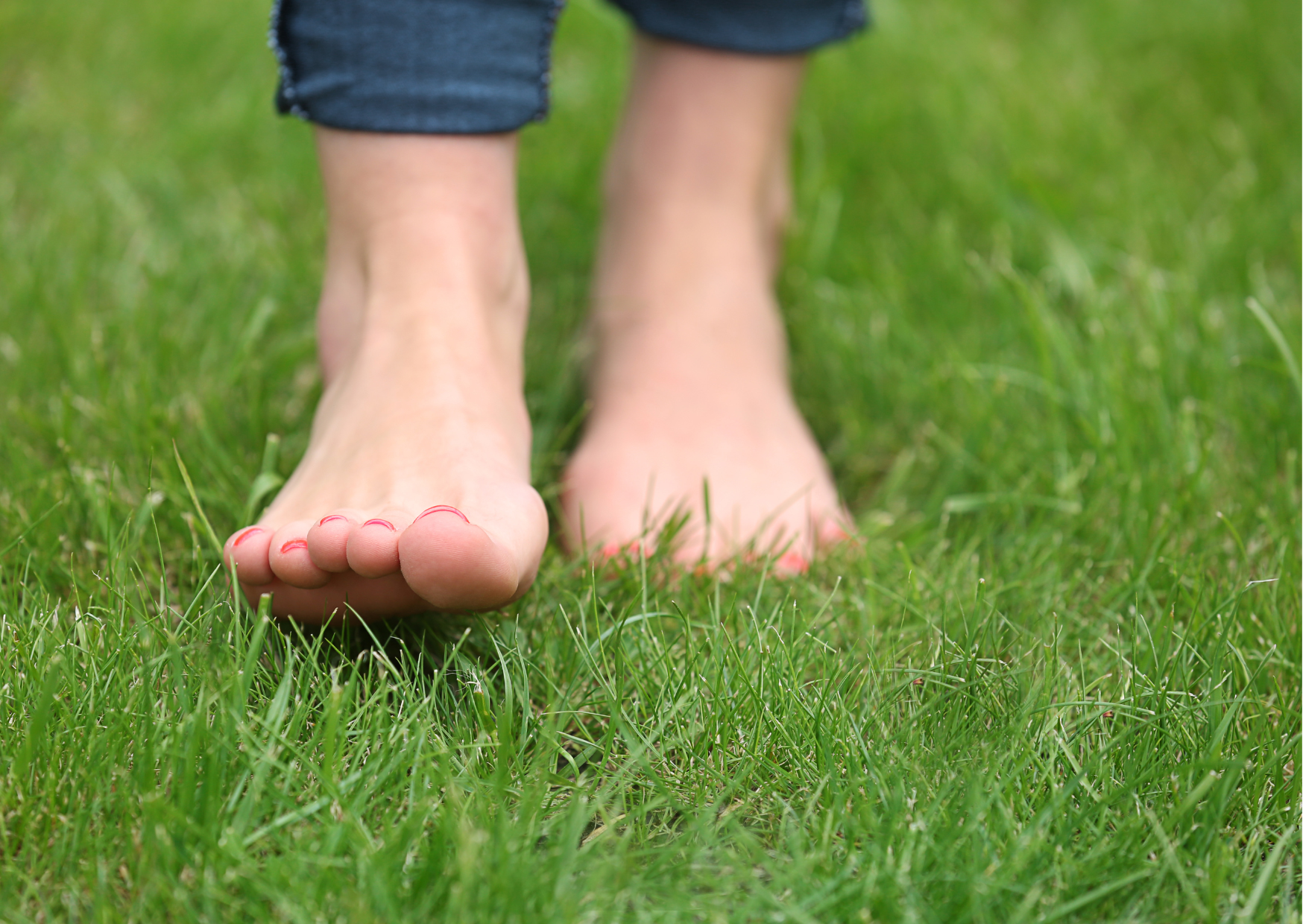Bear with me is the correct phrase. Although bear and bare are homophones that sound and are pronounced the same, they are words with different meanings. To bear (verb) means to endure, withstand, accept, or tolerate. Meanwhile, to bare (verb) means to reveal or expose. Hence in the expression bear with me, the correct choice is bear.
When a speaker uses the expression, he, she, or they are trying to tell the listener to be patient and tolerate something for them. For example, suppose a nurse is administrating an influenza shot in a patient. He or she might say, “This may hurt. Please bear with me for a bit.” That means he or she would like the patient to tolerate the pain for a short amount of time.

Here are some examples of the expression bear with me used in context.
The lecture will be long. Please bear with me for a while.
Bear with me while I fix your computer. It’ll be done soon.
Could you bear with me while I try to figure out how to use this device?
I asked Clint to bear with me while we tried to work our way through the tight crowd.
In all the examples above, the receiving end of the expression bear with me is being asked to endure a situation that could be found unpleasant, such as a long lecture, broken computer, and tight crowd.
When to use 'bear' and 'bare'
In what situations would you use bear versus bare? Let us look at some example sentences of bear and bare used as verbs.
I can’t bear to see Don go.
The subject of the above sentence cannot withstand seeing Don go.
Martha bared her arm, which was covered in tattoos.
In this example, Martha revealed her arm that was covered in tattoos.
Can you bear responsibility for the damage that was done?
In this sentence, the asker of the question is inquiring if the listener can accept responsibility for damage that was incurred.
The dog bared its teeth, revealing his sharp canine teeth.
The dog in this example is exposing its sharp teeth to look threatening.
Other definitions of 'bear' and 'bare'
Both bear and bare are not just used as verbs. The following is a short list of different uses of the two homophones.
Other definitions of bear:
(1) Bear (noun): type of mammal
(2) Bear (verb): give birth to an offspring
(3) Bear (verb): to turn
(4) Bear (verb): carrying or having
Other definitions of bare:
(1) Bare (adj): unconcealed or not clothed
(2) Bare (adj): missing or devoid of something
(3) Bare (adj): simple, only sufficient

Do you think you have the two verbs bear and bare mastered? You can test out your knowledge with these practice questions. Note that the past tense of bear is bore, while the past tense of bare is bared. The answers can be found below.
- Rita could not bear/bare to see her son suffer any longer.
- I will bear/bare my secrets if you tell me yours.
- Male peacocks bear/bare their beautiful feathers in hopes of attracting mates.
- Could you bear/bare not using your phone for a week?
- The cat bore/bared its claws in response to the aggressive dog.
- Austin bore/bared all the responsibility for the failed project.
- Melody will bear/bare through all the pain and suffering that comes with childbirth.
- I knew that Eddie could not bear/bare losing popularity.
- Kerry bore/bared his leg, which had a deep scar.
- Can you bear/bare Gretchen’s shrill, piercing voice?
Answers to the practice questions:
- bear
- bare
- bare
- bear
- bared
- bore
- bear
- bear
- bared
- bear













